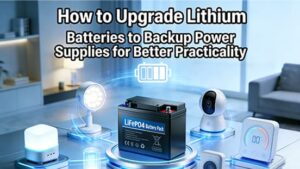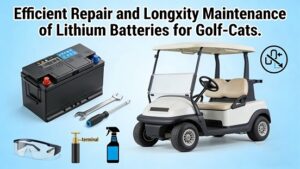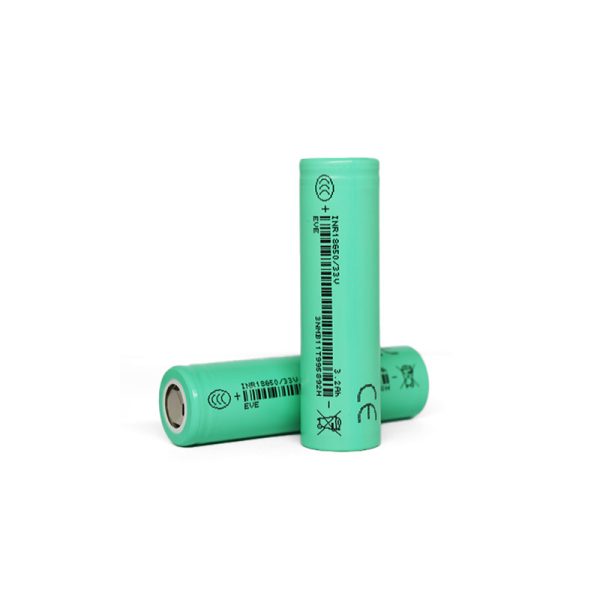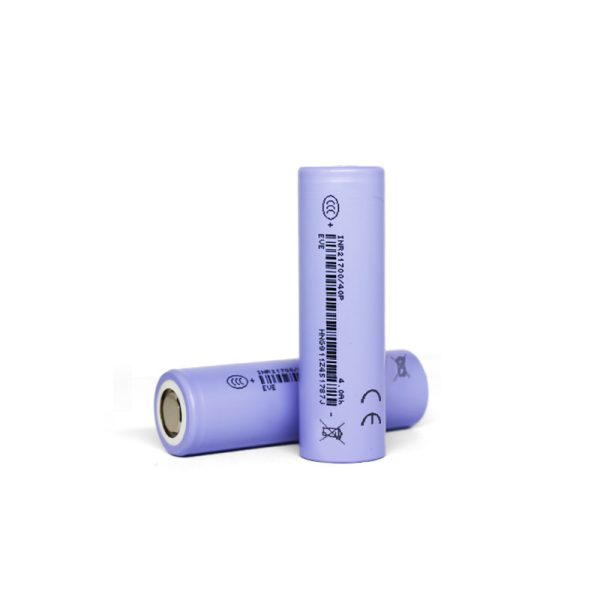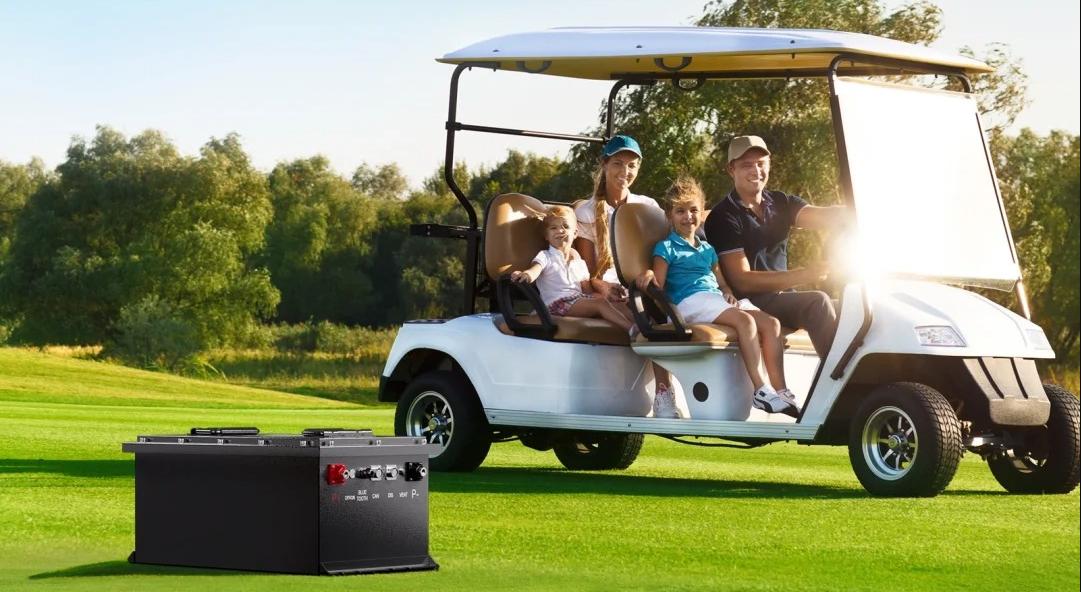
In the fast-growing market of low-speed electric vehicles (LSEVs)—including electric patrol vehicles, golf carts, and small industrial vehicles—traditional lead-acid batteries are rapidly being phased out. The driving force behind this shift? Lithium battery packs, with the 48V lithium battery packs (the industry’s most versatile and reliable power solution) leading the charge. Thanks to its exceptional energy density, long cycle life, and intelligent safety features, this 48V lithium battery packs (and its high-power counterpart, the 51.2V lithium battery) has become the cornerstone of LSEV upgrades, redefining how low-speed vehicles perform daily.
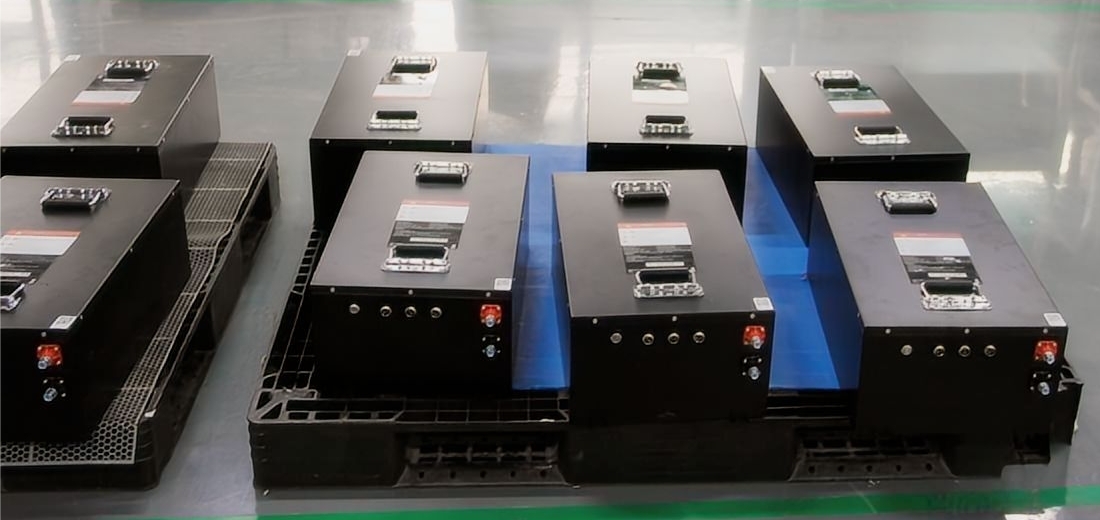
1.Voltage Platform Selection: Why 48V Lithium Battery Packs Stands Out as Mainstream, and 51.2V for High-Demand Scenarios
When it comes to powering LSEVs, voltage compatibility and performance needs dictate the right choice—and the 48V lithium option stands out as the go-to for most users. Its voltage standard is engineered to match the motors and controllers of 90% of mainstream LSEVs, meaning you can directly replace old lead-acid batteries with a pack of this voltage without costly modifications or system overhauls.
For example, a standard 80Ah pack of this voltage from a top manufacturer can deliver an 80km range for a two-seat golf cart—more than enough to cover a full day of use on an 18-hole golf course, even with frequent stops and starts. Fleet managers love this: switching to this lithium option eliminates mid-day charging breaks and cuts down on battery replacement cycles.
The 51.2V lithium battery (typically made by connecting 16 3.2V lithium iron phosphate cells in series) caters to scenarios where power matters most. Think heavy-duty patrol vehicles carrying equipment, or golf courses with steep uphill sections. A customized 51.2V 65Ah lithium battery pack, for instance, can output 130A of instantaneous current at a 2C discharge rate—powerful enough to handle sudden acceleration or heavy loads without voltage drops. But for most everyday LSEVs, the 48V lithium option remains the practical, cost-effective choice.
2.Energy Density & Cycle Life: The “Long-Life Advantage” of 48V Lithium Battery Packs Options
One of the biggest pain points with lead-acid batteries is their weight and short lifespan—but the 48V lithium solution solves both issues. Lithium iron phosphate batteries (the type used in most packs of this voltage) boast an energy density of 160-180Wh/kg, which is more than double that of lead-acid batteries.
Take an 80Ah lithium-ion unit of this voltage as an example: it weighs only 35kg, while a lead-acid battery with the same capacity tips the scales at 120kg. This 70% weight reduction slashes the vehicle’s overall energy consumption, eases wear on tires and suspension, and even improves handling.
But the real game-changer is cycle life. A high-quality pack of this voltage can achieve 4000 charge-discharge cycles at 80% Depth of Discharge (DOD), with a capacity decay rate of less than 20%. That translates to over 10 years of use if charged once daily—far longer than lead-acid batteries, which typically die after 500 cycles (just 1-2 years of use). In real-world tests, an 80Ah unit of this voltage maintained 83% of its original capacity after 3000 cycles, while a comparable lead-acid battery dropped to 55% capacity in just 400 cycles. For businesses, this means fewer battery replacements and lower long-term costs.
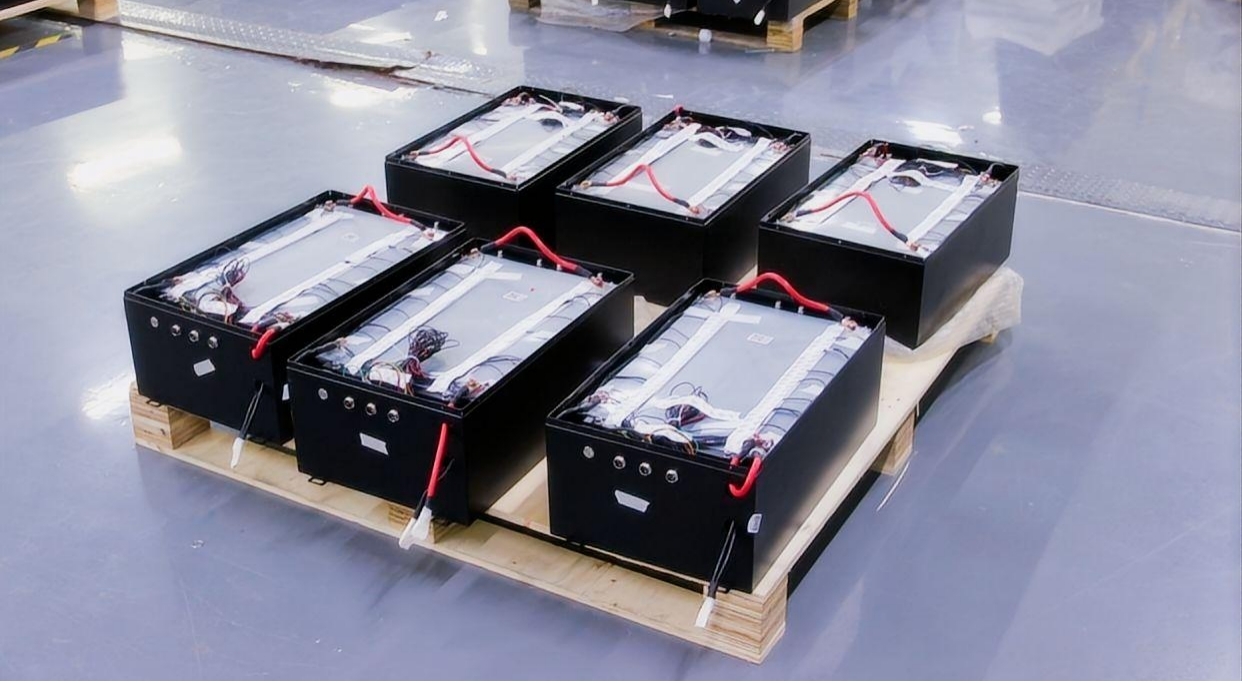
3.Intelligent BMS: The “Safety Guardian” of 48V Lithium Battery Packs
What makes the 48V lithium solution safe for daily use? Its built-in Battery Management System (BMS)—a smart chipset that monitors and protects the battery 24/7. Let’s break down the BMS features of a premium pack of this voltage:
·Overcharge/Overdischarge Protection: The BMS automatically cuts the circuit if the battery’s voltage exceeds 54.7V (overcharge) or drops below 40V (overdischarge), preventing irreversible cell damage.
·Real-Time Temperature Monitoring: Three built-in sensors track the pack’s temperature. If it rises above 45°C, cooling fans activate immediately to avoid overheating.
Cell Balancing: A passive balancing circuit ensures the voltage difference between each cell in the pack is less than 0.05V, eliminating the “barrel effect” (where weak cells limit overall performance).
·Millisecond-Level Short-Circuit Protection: The BMS shuts off current in under 1ms if a short circuit occurs, stopping thermal runaway and keeping the battery (and vehicle) safe.
This level of intelligence is why the 48V lithium solution is trusted in sensitive environments, from school campus patrol vehicles to family-friendly golf courses.
4.Application Expansion: 48V Lithium Battery Packs Solutions Beyond Golf Carts & Patrol Vehicles
While the 48V lithium option is a staple for golf carts and patrol vehicles, its versatility is expanding into more industrial and recreational scenarios:
·Industrial AGVs (Automated Guided Vehicles): AGVs need stable power for frequent start-stops. A 105Ah pack of this voltage supports 2C discharge, ensuring AGVs run smoothly in warehouses or factories without power dips.
·RV Energy Storage: RV owners are swapping lead-acid batteries for packs of this voltage. A single 120Ah unit of this voltage replaces two sets of 12V 100Ah lead-acid batteries, saving 50% of storage space and lasting 3x longer.
·Electric Forklifts: Small electric forklifts (used in retail or small warehouses) benefit from a lithium-ion pack of this voltage: a customized 135Ah model enables 8 hours of continuous operation, with charging time reduced to just 2 hours—no more waiting overnight for a charge.
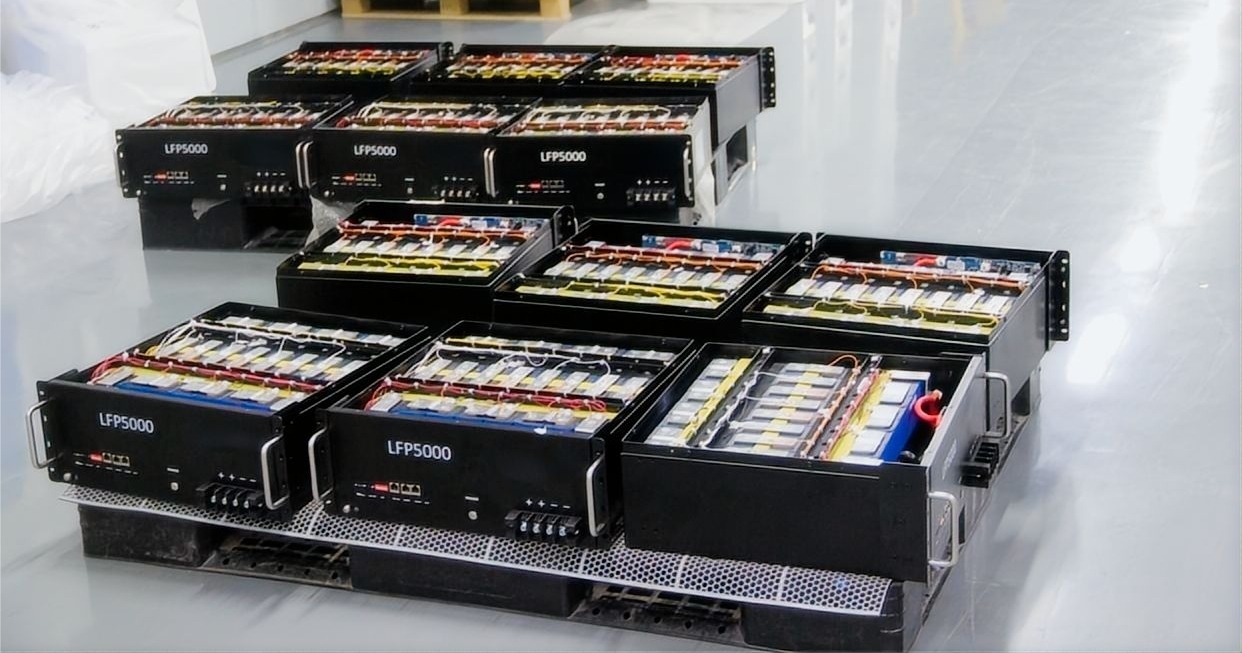
5.Purchasing Guide: How to Choose the Best 48V Lithium Battery Packs
Not all packs of this voltage are created equal. To get the most value, focus on these three core factors:
· Battery Cell Quality: Always choose a pack made with brand-new Grade A lithium iron phosphate cells. These cells have lower internal resistance, better consistency, and a lower risk of capacity decay—critical for long-term reliability. Avoid “recycled” or “B-grade” cells.
· Certification Standards: The pack must have mandatory certifications including UN38.3 and MSDS. These two certifications are essential for international transportation, ensuring the battery meets safety requirements during shipping. Meanwhile, check for regional compliance certifications such as CE (for the European market), UL (for the North American market), and RoHS (for environmental protection). These certifications guarantee the battery can legally enter target markets and meet local safety/eco standards.
· Warranty Policy: It’s extremely important to prioritize cooperating with companies that offer a warranty. This provides additional protection for your purchase.
If you have higher requirements for performance, customization, or other aspects, feel free to contact us.
